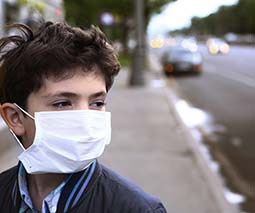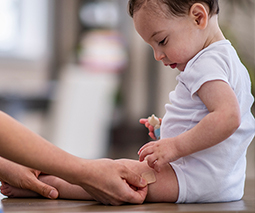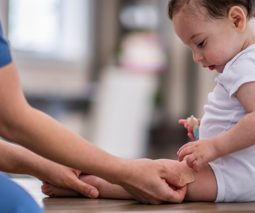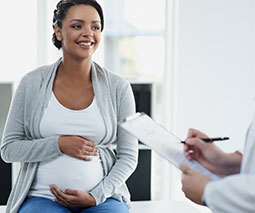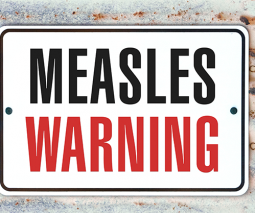Tips for dealing with your baby’s first vaccination
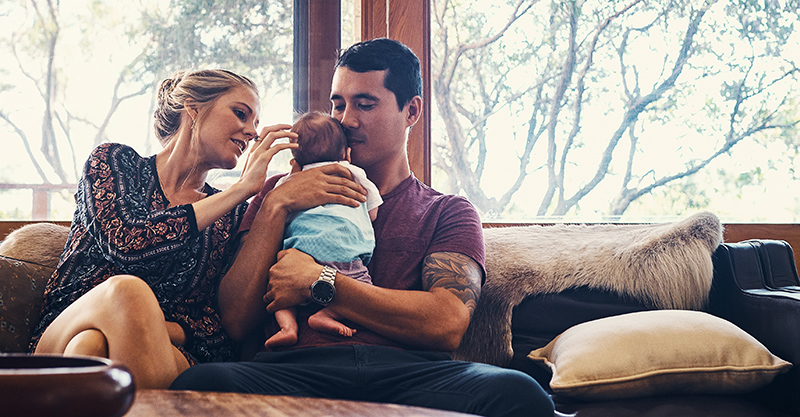
Got your baby’s first vaccinations coming up and feeling a little nervous about it? It can be hard for any parent to watch their baby in pain when they get their first jabs, and if the thought makes you feel all emotional, you’re not alone.
While it’s completely normal to feel unsure about it, the thing to remember is that vaccinating your baby is one of the best things you can do for his health. Vaccines work by introducing small amounts of weakened viruses into the body, so the immune system is triggered into producing antibodies that fight against them, thus creating protection against the real deal later on. Medical experts agree that vaccinations have radically reduced severe infectious diseases and have saved thousands of lives since their inception. Keeping this in mind when you attend your baby’s first immunisation appointment may help ease any fears you have about them.
Getting your baby’s first vaccinations may be daunting but it is relatively straightforward and over very quickly. Here is what you can expect (and how you can get survive) when it comes to your baby’s first vaccinations.
Preparing for your baby’s first jabs
Dress your baby in loose fitting clothes, as most jabs are given in your baby’s thigh area, and you’ll need to be able to undress him easily. Remember to bring along your baby’s health record book as your GP or nurse will record the immunisations in there so everyone can keep track. It’s not recommended to give your baby paracetamol or any pain relief before injections, as this can mask the side effects after the jabs, which you’ll need to be able to monitor.
Babies are usually comforted with a feed after their vaccinations, so come prepared to offer a breastfeed or bottle right afterwards. If it helps, ask a support person to go along with you for moral support and to assist with any practical matters like holding your baby while you sign forms.
Read more about vaccinations:
- Immunisation 101: Everything you need to know about vaccinating your child
- This pro-vaccination poster is challenging anti-vaxxers, but is it helpful?
- Immunisation: Grieving parents share their stories to save other little lives
What to expect on the day
For full details on what immunisations your 6-8 week old baby will be getting during that first visit, check out the National Immunisation Program schedule, which lists all the vaccines your baby should receive from birth through to adulthood. On the day of your appointment, you’ll probably be asked to hold your baby securely on your lap, facing outwards, with your arms holding his arms in place for the needles.
Often a nurse will come in to help administer the vaccinations. If you’re lucky, she might even bring in some bubbles to blow to distract your baby from any pain. It can be distressing to watch your baby react to the sting of the injections, and you might even cry a little yourself – you wouldn’t be the first mum to do that! Rest assured that the pain will only last a moment and you will be encouraged to soothe your baby straight away with a feed or loving cuddle which should help calm him down very quickly.
After the immunisations
You will be encouraged to stick around after your baby’s vaccinations to monitor for any immediate reactions. Serious reactions are very rare, but you can expect your baby to be unsettled and irritable for the next day or two, with some babies having a mild fever and redness at the injection site. Your GP or nurse will talk you through what to expect regarding side effects and how to manage pain relief when you’re back home.
Give your baby lots of TLC afterwards and prepare for some extra soothing breastfeeds or cuddles until your baby feels back to normal. A warm bath can be effective for helping tender injection sites and calming a grizzly bub. It’s rare for babies to suffer any serious side effects, but if you feel that your baby is crying excessively or has any other symptoms that don’t seem right, get in touch with a health professional right away.
